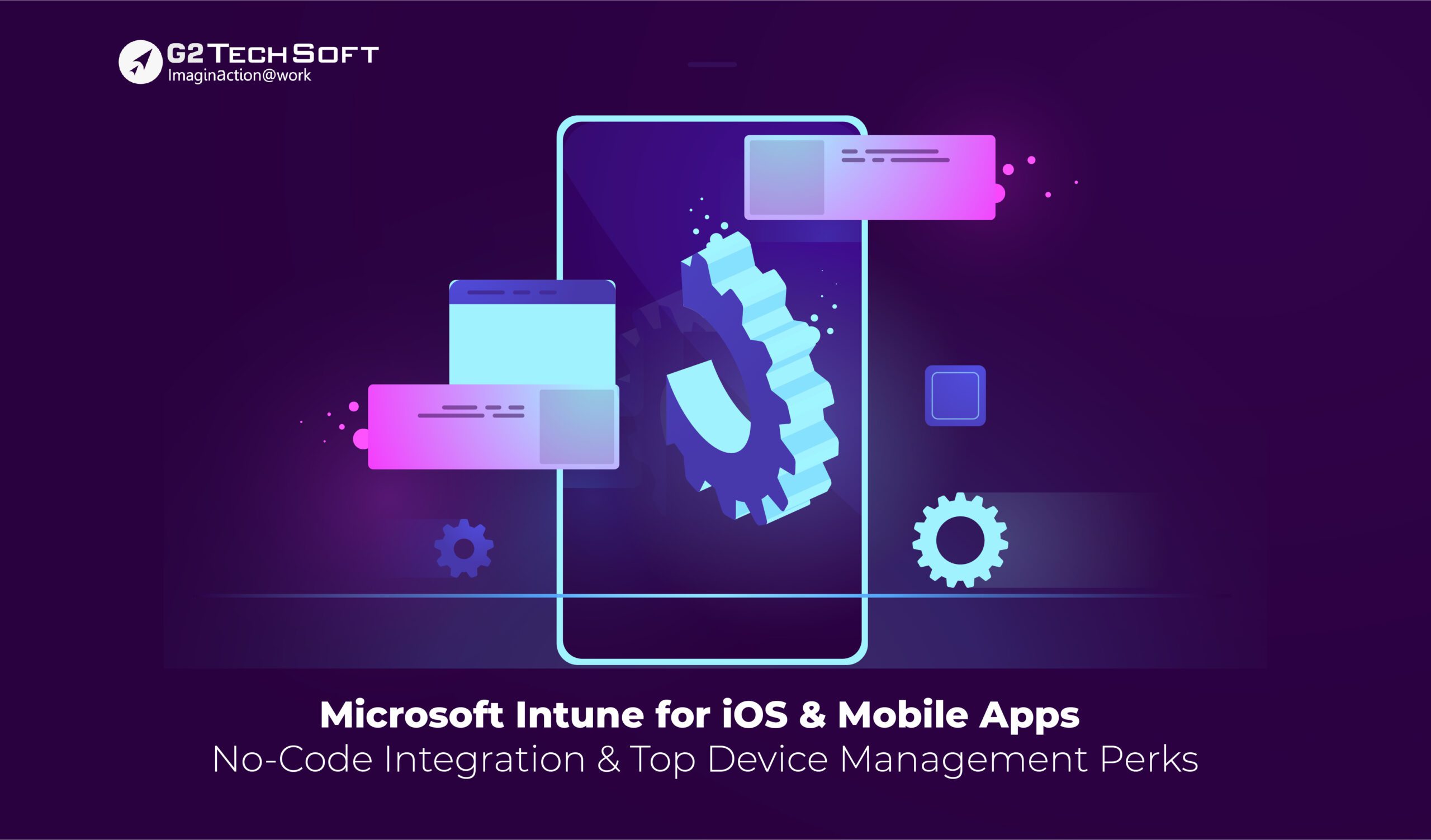
7 Proven Steps To eCommerce Security Excellence
The significance of cybersecurity, encompassing aspects such as eCommerce security, online security, data security, and the payment card industry data security standard, cannot be overstated. While cloud-hosted platforms have simplified setup processes and addressed concerns related to PCI compliance, high-risk security, and stability for global brands, there is a prevailing tendency for businesses to overlook the importance of safeguarding their online stores and customer data.
In the earlier days of eCommerce, when platforms were built from the ground up, security was a paramount consideration for every e-commerce manager, as the success of the entire system relied on their efforts. However, with the advent of cloud-hosted platforms, where security is managed externally, it often slips under the radar of businesses. This oversight needs to be corrected. Even if your e-commerce platform handles PCI compliance and oversees payment security, your business remains exposed to vulnerabilities, necessitating a proactive approach to security.
While delving into the intricate details of potential cyber threats and data breaches is beyond the scope of this discussion, it is crucial to emphasize that neglecting security measures for your e-commerce store leaves it and your business at a heightened risk. So, let’s look at the seven proven steps to boost eCommerce security excellence.
Crucial Importance Of eCommerce Cybersecurity:
When people shop on your website, they trust you with their information. It’s crucial to take care of your customers and their data. Nowadays, customers trust online shopping, making it the norm. It will put a bigger responsibility on you as a brand to protect their information.
Good cybersecurity not only safeguards your customers but also protects your business financially. You wouldn’t want a security issue to harm your business. The loss of trust in your brand is often more damaging than the security incident itself.
So, make wise choices about your security. Even though eCommerce seems easy these days, don’t forget the basics of security and your responsibility to your customers.
Essential Pillars Shaping eCommerce Security For Success:
Now that we understand the basics and importance of securing online stores, let’s talk about the key principles for eCommerce safety. Pay attention to the following concepts:
Privacy:
Keeping customer data private is crucial. Prevent the unauthorized sharing of customer information with others. Implement robust data protection measures to enhance security.
Integrity:
Ensure the accuracy of customer information. Use the data exactly as customers provide it, without making any changes.
Authentication:
Verify the identity of both customers and sellers. Encourage customers to confirm their identities before completing online transactions, such as through multi-factor authentication (MFA).
Reliability:
Build trust with customers by consistently delivering what your business promises. Meet customer expectations through your eCommerce platform.
Non-Repudiation:
This legal principle prevents the denial of transactions by businesses and customers. It provides evidence of delivery and the recipient’s identity, making it impossible for either party to deny involvement later. Use digital signatures to easily achieve non-repudiation.
By focusing on these principles, you can enhance the security of your eCommerce platform and build trust with your customers.
Top Security Concerns Every eCommerce Store Must Address:
E-commerce security is of utmost importance due to the multitude of factors that can potentially lead to security issues. To effectively navigate these challenges, it is pivotal to comprehend the diverse threats that exist in the online retail landscape. Let’s delve into the common types of e-commerce security breaches and explore comprehensive strategies for their prevention.
Phishing:
One major threat is phishing, where hackers send deceptive messages, often mimicking your business’s communication. They may ask users to provide personal information or change passwords urgently by clicking on a link. Combat this by informing customers that you won’t request personal information via email or text. Using innovative technologies like AI, we can proactively detect and prevent phishing threats.
Malware:
The threat of malware is a serious concern, as it has the potential to compromise critical information and lock businesses out of vital systems. To fortify e-commerce security, robust measures such as antivirus and antispyware software, routine system backups, and the integration of network monitoring tools like Network Performance Monitor, OpManager, and NetFlow Analyzer are crucial. These tools collectively contribute to a comprehensive defense against malware-related risks.
SQL Injections:
SQL injection (SQLI) is a cyberattack method that inserts malicious code into an application, enabling unauthorized access and manipulation of databases. To safeguard e-commerce applications from SQLI, implementing a web application firewall is essential. Additionally, ensuring timely updates of both web applications and database software is critical to addressing known security vulnerabilities promptly.
eSkimming:
E-skimming has emerged as a prevalent issue in payment security within the e-commerce domain. It involves the theft of credit card information from payment processors integrated into online retail platforms. Defending against e-skimming necessitates a multifaceted approach, including the consistent application of patches to web servers, meticulous scrutiny of third-party API integrations, and a thorough evaluation of the security protocols employed by external service providers involved in payment processing.
Brute Force Attacks:
Brute force attacks are a common security concern in e-commerce, wherein hackers use automated programs to systematically guess passwords through various combinations. To fortify your retail platform against such attacks, employing a complex and regularly updated password for the admin panel is essential. Moreover, encouraging customers to create robust passwords, accompanied by guidelines on composition and length, can enhance overall security. Consideration of blockchain-based intrusion detection systems provides an additional layer of protection, leveraging the decentralized nature of blockchain technology to bolster the integrity and transparency of safety logs.
By comprehensively addressing these threats and implementing proactive security measures, e-commerce platforms can fortify their security posture, ensuring the protection of customer information and maintaining the trust of their user base.
7 Vital Steps To Fortify Your eCommerce Security Strategy:
To keep your online store safe and protect both your business and customer data, it’s crucial to use electronic security systems. If you’re not sure where to start, consider the following simple steps to effectively address security concerns on your eCommerce platform.
Implement Multi-Layer Security:
Add extra layers of security to make it tougher for hackers. Consider using a content delivery network with machine learning to prevent DDoS threats. Also, encourage the use of multi-factor authentication (MFA) for both customers and employees to ensure only authorized individuals access sensitive data.
Get Secure Server Layer Certificates:
Prioritize security by obtaining Secure Sockets Layer certificates. This is especially important for building trust with customers. SSL, signified by HTTPS, encrypts data transmission, ensuring a higher level of data privacy and safety. It also serves as a credibility signal for search engines, improving online visibility.
Use Antimalware And Antivirus Software:
Reduce security risks by employing antivirus and antimalware software. These tools protect your website and customer data from harmful online threats, including viruses, trojans, ransomware, and spyware. Popular options include Avira, Bitdefender, and AVG.
Implement A Firewall:
Enhance security by implementing a firewall. Acting as a gatekeeper, it monitors incoming and outgoing traffic, preventing unauthorized access and data breaches. Consider firewall software programs like FortiGate Next-Generation Firewall or Check Point Quantum from Gartner’s recommended list.
Comply With Security Standards:
Safeguard customer information by complying with industry security standards. Key standards include:
- Payment Card Industry Data Security Standard (PCI DSS): It ensures secure card transactions and protects cardholders’ personal information.
- Service Organization Control (SOC): Certification reflecting the company’s management of financial or personal information.
- International Organization For Standardization (ISO): Common requirements for safety, trustworthiness, and quality of products and services.
Use Secure Payment Gateways:
Mitigate security issues by implementing secure payment gateways such as PayPal and Stripe. These gateways employ advanced safety measures, like one-time codes sent to mobile devices, to protect online transactions and minimize the risk of fraudulent activity.
Train Your Staff:
Equip your team with cybersecurity and privacy training to identify and mitigate potential threats early on. Skilled staff can contribute to a safer and more trustworthy online business environment. Consider bringing in external professionals, like DevOps experts, to enhance the security of your retail platform if needed.
By following these steps, you can significantly enhance the security of your eCommerce platform and build a safe online environment for both your business and customers.
Are you looking to fortify and build advanced retail eCommerce?
Creating sophisticated retail and eCommerce software is a big challenge. Dealing with eCommerce security risks needs dedication and expertise. It can be a lot to handle without a skilled team.
But there’s no need to stress if you don’t have the right team. Opt for G2 TechSoft to boost your retail business’s security. G2 TechSoft will assist you with our extensive experience in completing successful projects.




